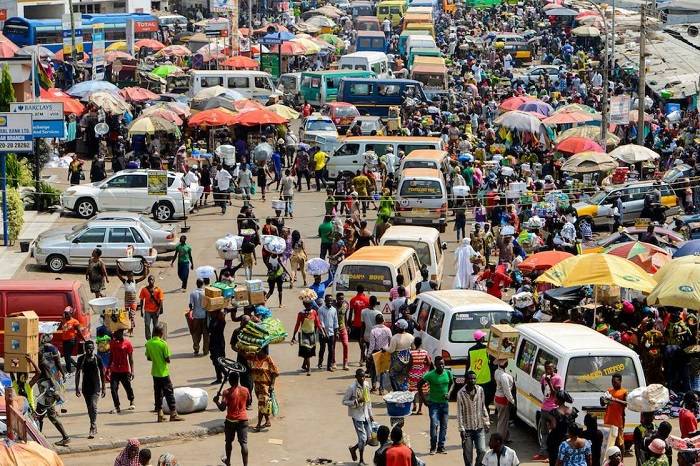The recent protests in Tema over the alleged nomination of Ebi Bright as the Mayor of Tema Metropolitan Assembly have sparked a heated debate about representation and leadership in local governance. The youth of Tema, led by Dora Sappor, have taken to the streets, vehemently opposing Bright's appointment and demanding that an indigene of Tema be considered for the position instead.
At the heart of the protests is the issue of cultural awareness and community representation. The youth argue that a local indigenous person would be better equipped to understand the unique challenges facing the city and address them effectively. They claim that Ebi Bright, despite her credentials, was not part of the consultation process and therefore lacks the necessary connection to the community.
The protests highlight a broader concern about the appointment of leaders in local governance structures. Should meritocracy take precedence over indigeneity, or should local representation be prioritized? The Tema youth firmly believe that the latter is essential for effective governance, citing the need for a mayor who shares the goals and values of the community.
A PATTERN OF PROTESTS
This is not an isolated incident. Similar protests have erupted in other parts of the country, including the Okaikwei North Constituency and the Asanti Mampong Constituency, where NDC members have expressed dissatisfaction with nominated MMDCEs. These protests underscore the growing demand for local representation and the need for leaders who understand the specific needs of their communities.
THE CASE OF LOCAL REPRESENTATIONÂ
The demand for local representation is not just about politics; it's about ensuring that leaders are accountable to the people they serve. When leaders are disconnected from the community, they may not fully grasp the nuances of local issues, leading to ineffective governance. The Tema youth are pushing for a leader who is not only knowledgeable about the area's challenges but also invested in its well-being.
THE ROLE OF GOVERNMENT
The government must carefully consider the implications of its appointments. Imposing leaders without consulting local stakeholders can lead to resistance and undermine the effectiveness of governance structures. President John Dramani Mahama has been urged to reevaluate the appointment and consider a candidate with strong ties to the Tema community.
THE IMPORTANCE OF CONSULTATION
The Tema protests highlight the importance of consultation in the appointment process. When local stakeholders are involved in the selection process, they are more likely to accept the appointed leader and work collaboratively to address community challenges. In this case, the alleged nomination of Ebi Bright without adequate consultation has sparked widespread opposition.
A WAY FORWARD
To avoid similar conflicts in the future, the government should prioritize consultation and local representation in the appointment process. This would ensure that appointed leaders are not only qualified but also connected to the community they serve. By doing so, the government can build trust and foster effective governance structures that truly serve the needs of the people.
THE GAME OVERÂ
The Tema protests serve as a wake-up call for the government to reexamine its approach to local governance appointments. As the country moves forward, it's essential to prioritize local representation and consultation to build trust and ensure effective governance. The demand for a leader who understands the unique challenges of Tema is not just a local issue; it's a national imperative that requires careful consideration and action.
SIMILAR STORIES
- *PROTESTS IN OKAIKWEI NORTH CONSTITUENCY:
NDC members protested against the nominated MMDCE, citing similar concerns about representation and consultation.
- *ASHANTI MAMPONG:
Constituency*: Protests erupted over the nomination of an MMDCE, with locals demanding greater representation and accountability.




No comments yet
Be the first to share your thoughts!